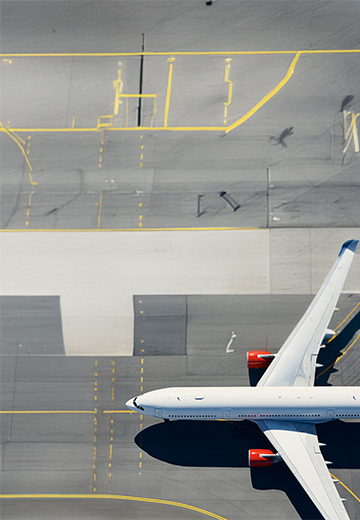Malta took a significant step in enhancing its position in the global aviation and financial sectors with the implementation of the Cape Town Convention on International Interests in Mobile Equipment (the ‘Convention’) along with the Aircraft Protocol
This international treaty, which is designed to streamline the regulation of movable assets, has brought Malta’s legal framework in line with that of other signatories, placing the country in an advantageous position. The Convention and its Protocol, specifically aim to improve the financing and leasing of aircraft by providing a clear and standardised legal framework for securing interests in aircraft and engines.
The Cape Town Convention and the Aircraft Protocol
The Cape Town Convention and the Aircraft Protocol is a global treaty designed to standardise and strengthen the legal framework for the financing, leasing and registration of aircraft assets. It provides creditors with internationally recognised rights and remedies in cases of default or insolvency, such as repossession and the ability to deregister and export aircraft efficiently.
Why Malta’s Adoption is Significant
By implementing the Convention in 1st February 2011, Malta strategically positioned itself as a prominent player in the global aviation sector. Malta has long been known for its competitive and attractive legal framework, particularly in the area of aircraft registration. By adopting the Convention, Malta aligned its domestic laws with internationally accepted practices, fostering an environment that is both business-friendly and globally integrated.
How the Cape Town Convention Benefits Malta
The implementation of the Convention brought several advantages to Malta:
-
Enhanced Competitiveness
Malta’s adherence to international best practices assures investors that their interests will be protected under a transparent and efficient legal system, making Malta an attractive destination for registering aircraft and conducting aviation-related transactions. As a result, the country has become a preferred choice for businesses seeking a secure and well-regulated environment in which to operate.
-
Increased Investment
Furthermore, before the Convention and the Aircraft Registration Act offered limited remedies for mortgagees, such as possession, sale and administrative actions like applying extensions or receiving certificates. Post-implementation, the Convention provided more flexible remedies, including leasing the aircraft to generate income, managing aircraft revenue, and cancelling an interest registration, all without judicial approval.
Indeed, the combined enforcement of the Convention, its Protocol, and the Aircraft Registration Act created a robust legal framework that has attracted increased investment to Malta’s aviation sector, making financing more accessible and driving the growth of the industry.
-
Protection for Creditors
-
Streamlined Aircraft Registration
A Step Forward for Malta’s Aviation Industry
Since adopting the Convention, Malta has seen a significant increase in aircraft registrations, especially within the leasing and financing sectors. Its dedication to upholding international standards has positioned the country as a prime destination for global aviation businesses seeking to capitalise on the benefits the Convention provides. Article written by Dr. Claudia Borg, Lawyer

